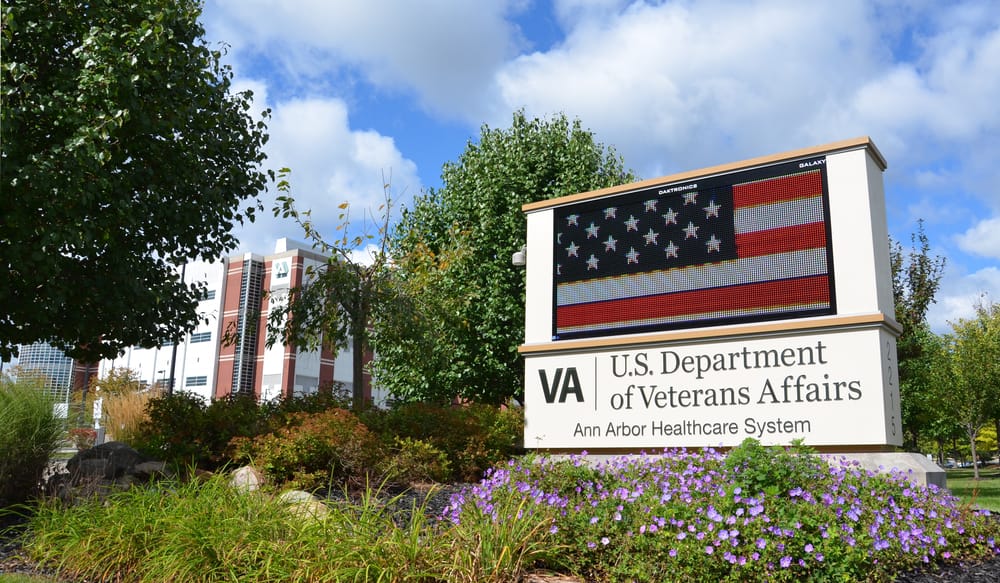For those who qualify for this outstanding loan program and want to buy and finance a home with as little cash as possible, there is no better choice than the VA home loan.Here’s how to get your VA certificate of eligibility.
VA loans require zero money down and limit the types of closing costs the veteran is allowed to pay. Some loan programs penalize the borrower with a higher rate or fees with a low down payment. In addition, a low down payment loan usually means there is an additional monthly mortgage insurance payment made each and every month which affects affordability. VA loans do not apply higher rates due to the lack of a down payment and the rates are as competitive as any. Further, there is no monthly mortgage insurance payment either.
The VA mortgage program was initially introduced as the Servicemen’s Readjustment Act of 1944 as a way to help returning soldiers more easily assimilate back into society. Higher education and business loans were also a part of this benefit package. Initially, the program was restricted to soldiers returning from WWII and they had a specific period to apply for a VA loan before the benefit expired. VA guidelines have gradually changed over the years and today are open to more than just veterans. Besides veterans of the armed forces, active duty personnel may also take advantage of the program with a minimum 181 days of service. For those who have served in the National Guard or Armed Forces Reserves also qualify with six years of service. Unremarried surviving spouses of those who have died while serving or as a result of a service-related injury can also qualify.
With all that said, how does your lender know you qualify for this special loan program?
Getting Your VA Certificate of Eligibility
When you apply for a home loan of any type and fill out the lender’s loan application, at the very top of the first page it will ask what type of loan you’re applying for. There are boxes for VA, FHA, Conventional and USDA. For those that are applying for a VA loan, the VA box will be checked. But your VA lender is required to verify you’re eligible and checking the proper box is just the start. You will need to provide a copy of your certificate of eligibility.
There are several ways to get your certificate of eligibility. For those who want to know if indeed they’re eligible on their own without first speaking with an approved VA lender, the VA has a portal where you can receive a copy of your certificate. You’ll need a copy of your discharge papers, or DD-214 to use this site. Your DD-214 must list your separation as any status except “dishonorable.” Or, you can gather your documentation and mail your eligibility documents along with a completed Form 26-1880 to your nearest regional VA center.
Application Status
Depending upon your application status, there are different documents needed to establish eligibility. Obviously, if you haven’t been discharged, you won’t have a DD-214.
If you’re active duty, you’ll need a Statement of Service signed by the personnel office or unit commander. For National Guard and Reserve active duty you will also need a signed statement of service. For discharged Guard and Reserve members with six years of service, you’ll need your NGB Form 22 “Report of Separation and Record of Service.” For surviving spouses, VA form 26-1817, “Request for Determination of Loan Guaranty Eligibility- Unremarried Surviving Spouses.”
Granted, it may seem like a lot of paperwork but that’s what you’ll need in order to get your certificate or eligibility. After your paperwork has been submitted your certificate will be mailed to your home address. You can expect a 2-4 week delay if you request your certificate to be mailed to you.
The simplest way, however, is to let your approved VA lender take over. VA lenders have electronic access to the Department of Veterans Affairs’ Automated Certificate of Eligibility system or ACE. The lender can electronically request your certificate and using the information from your loan application retrieve your certificate of eligibility in a matter of seconds.

Are There Other Ways to Determine Eligibility?
In short, no. VA lenders do not have the authority to override the requirement for your certificate of eligibility to be included with your VA loan package. And there is only one certificate. When a lender retrieves your COE for you, that COE is for that specific lender only and cannot be transferred to another lender like other loan documentation in your file can.
Your COE will show how much entitlement you have available. Today, for first-time users, that entitlement is $36,000 and will be displayed on your certificate. This amount is a bit confusing as VA loans are guaranteed in most every part of the country to $417,000, not $36,000. Even higher in areas deemed “high cost.” At the bottom of the certificate, you will see the VA has tried to clear the entitlement amount by stating, “Additional entitlement is available for most loans in excess of $144,000. In such cases, the entitlement amount is 25% of the VA loan limit for the county where the property is located.” The certificate will also list any outstanding entitlement used on a previous VA home purchase, but remaining entitlement in today’s environment is extremely rare given the home values in today’s environment.
If you simply want to know if you’re eligible for a VA home loan and fall into one of the approved categories, you probably are. If you’re not sure, you can make the request on your own with the proper paperwork or again the easiest way is with your lender. However you obtain it, you’ll need it before you get too much further into the process.
And finally, and most importantly, we sincerely thank you for your service.


